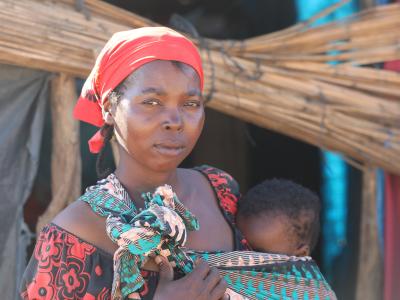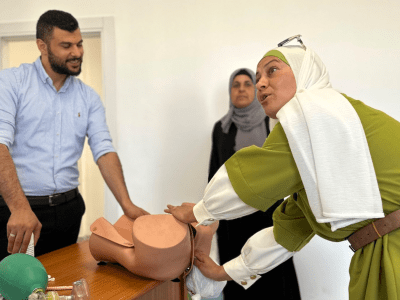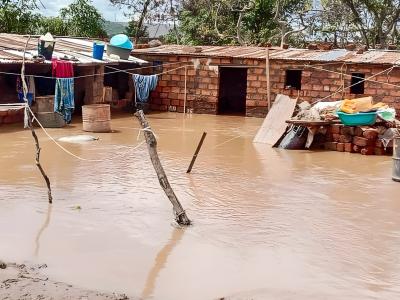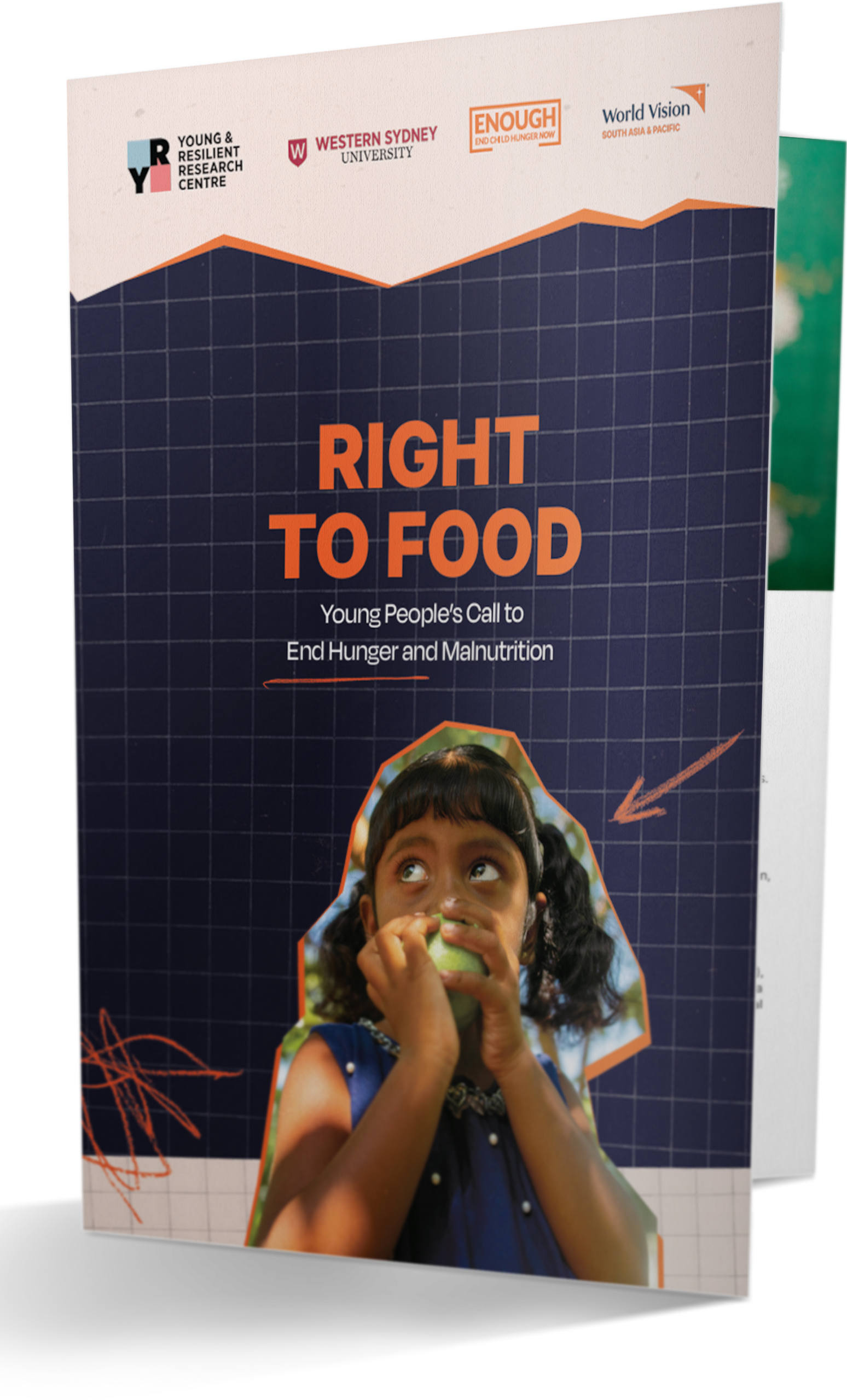Right to Food - Sri Lanka
Sri Lanka
How Young People are Leading
the Fight Against Hunger and Malnutrition
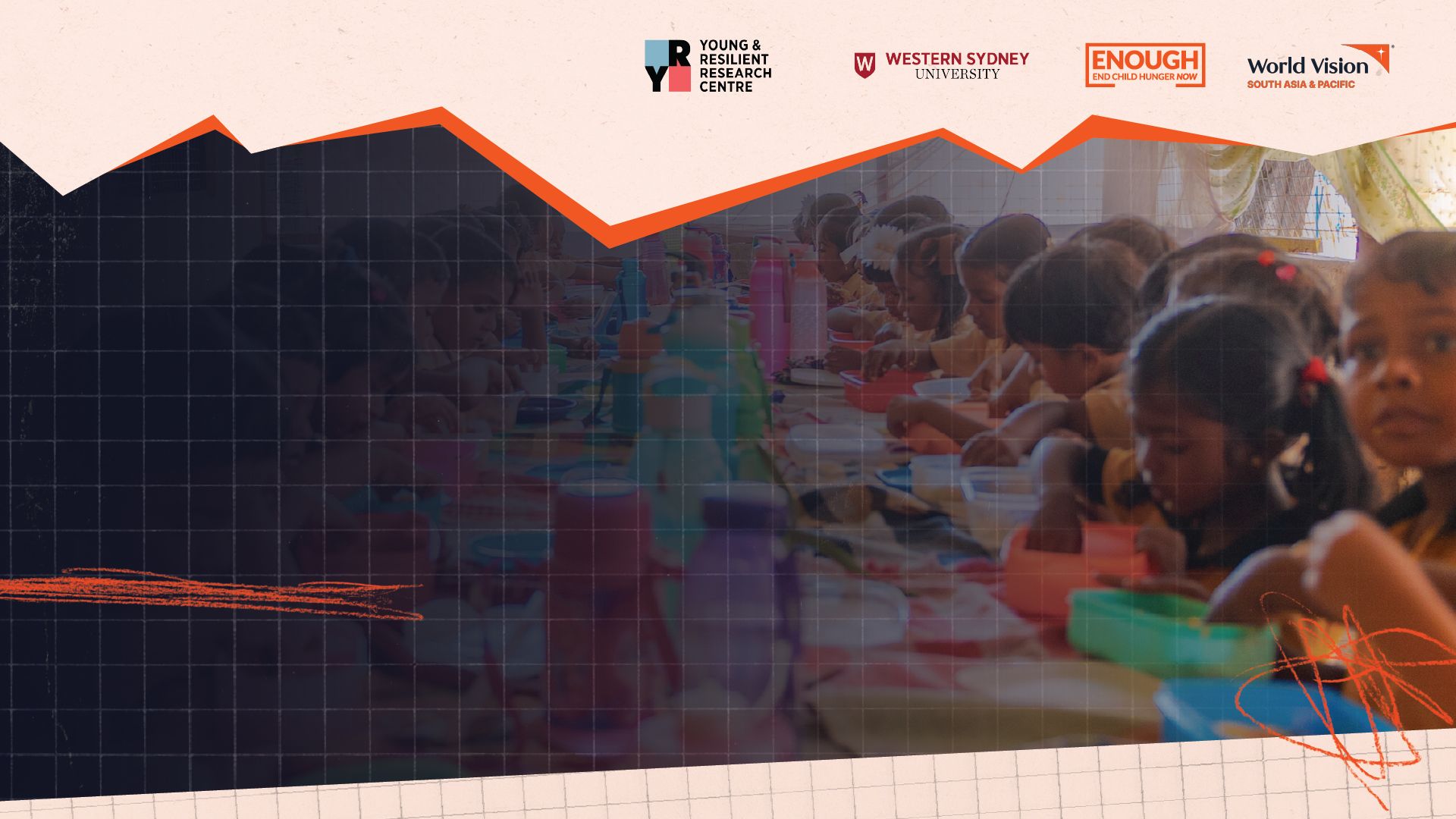
Hello, Ayubowan.
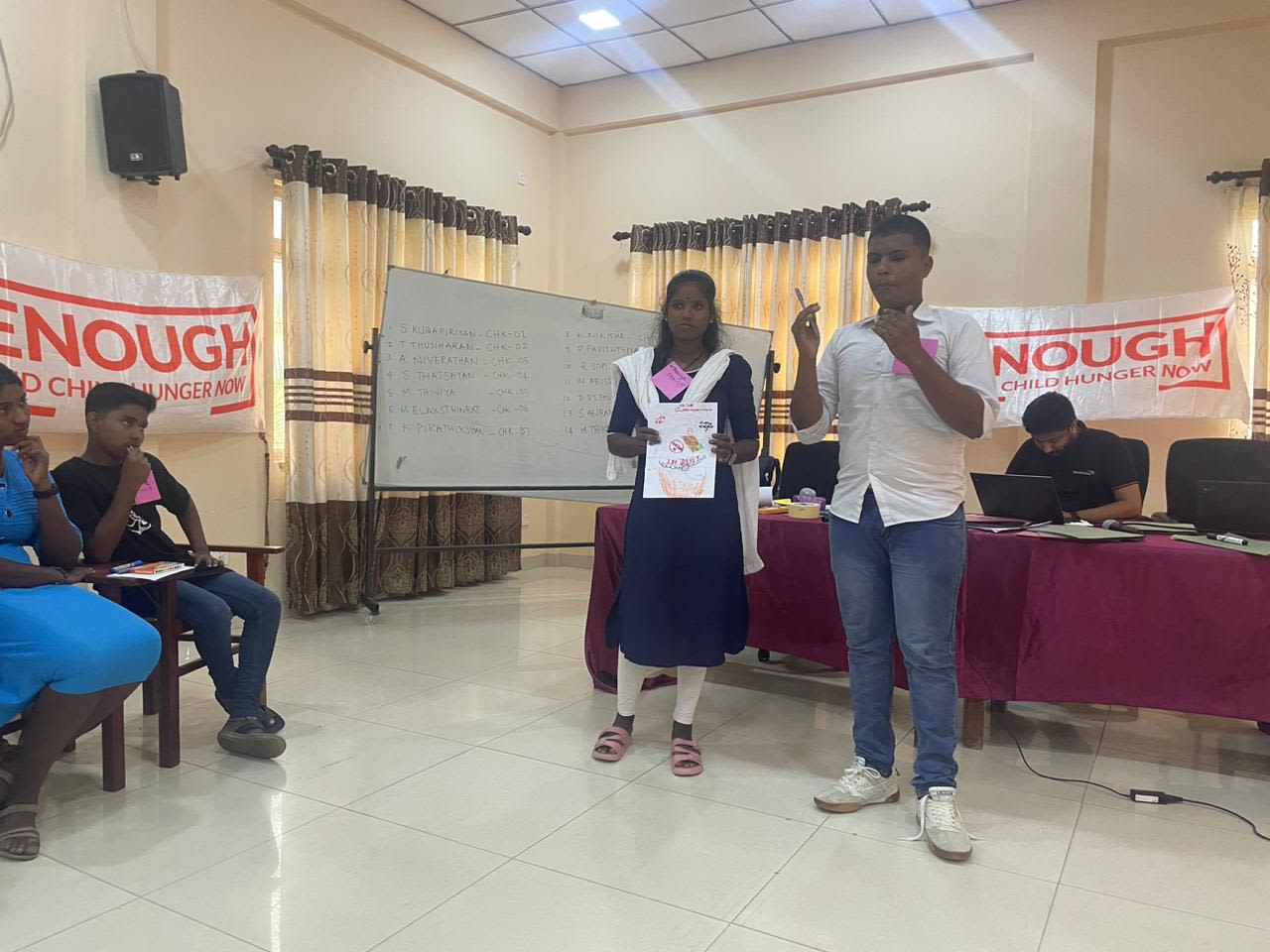
Based on their research, these young leaders crafted a powerful set of recommendations for governments and leaders, urging them to act.
“Many children and young people in my village are suffering from stunted growth and memory loss due to malnutrition. We need to create awareness about malnutrition and its root causes.”
“Parents in our area, who are facing economic crises, are finding it difficult to provide nutritious food to their children.”
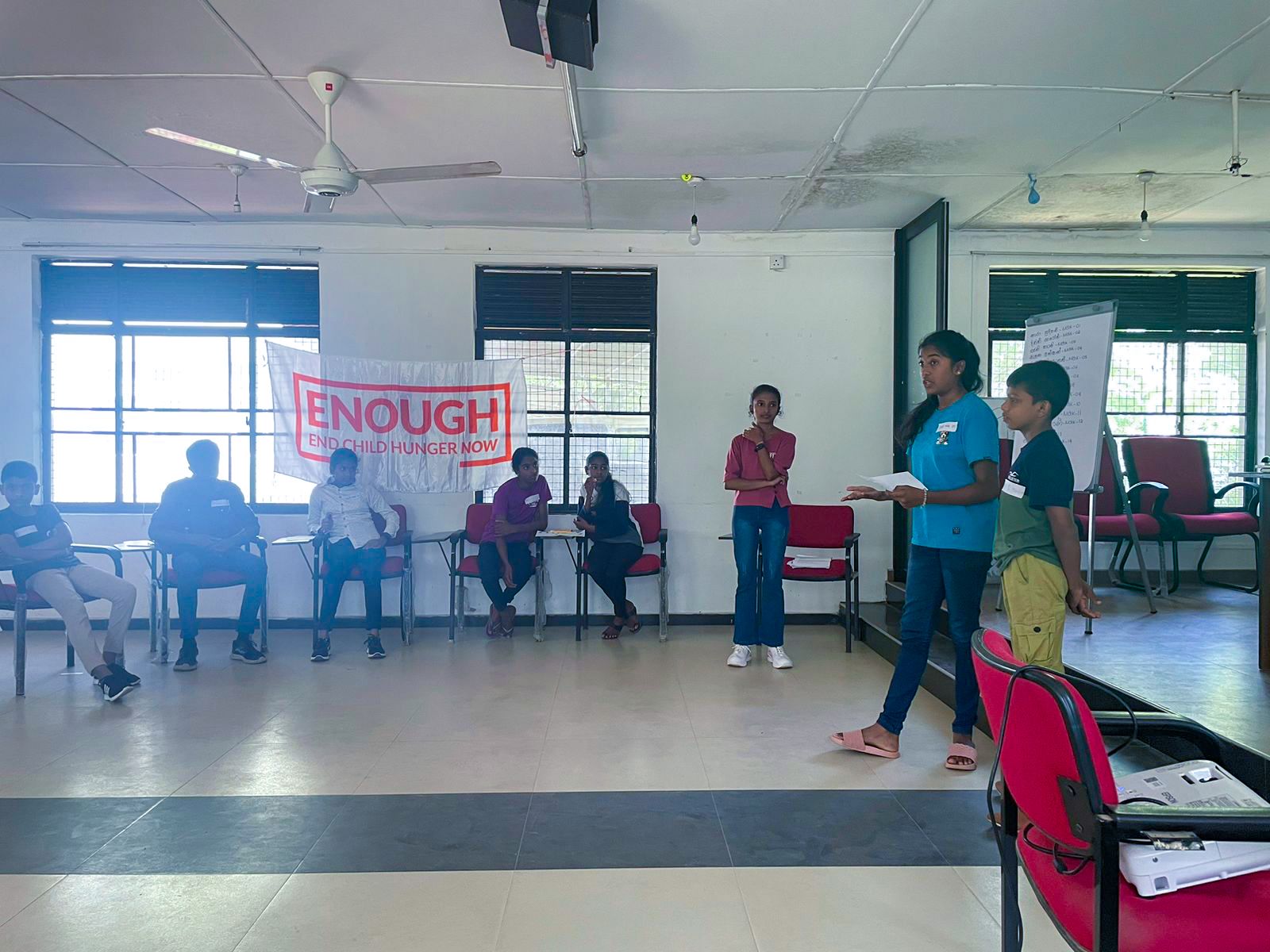
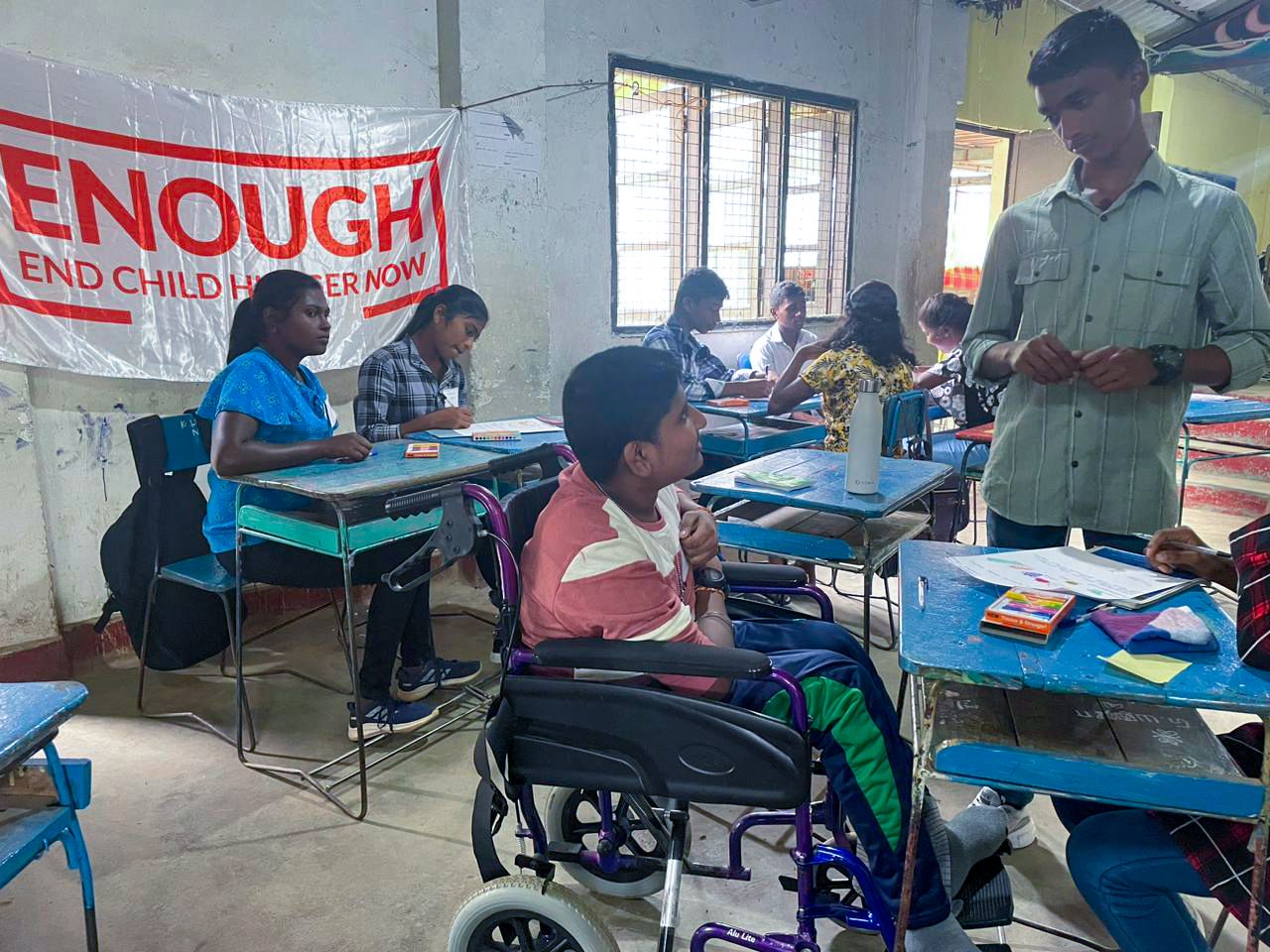
Hear it from our CHAMP Researchers
|
|
|
|
|---|---|---|
|
Binuki, Sri Lanka |
Jeromiyan, Sri Lanka |
Kujitha, Sri Lanka |
By placing young people at the heart of the research, World Vision’s CHAMP youth leaders and researchers not only gathered crucial data but also ignited a movement. It shows that young people are not just beneficiaries of change — they are its architects. Their voices, once unheard, are now a powerful force, demanding a future where every child has a right to the nutritious food they need to thrive.
